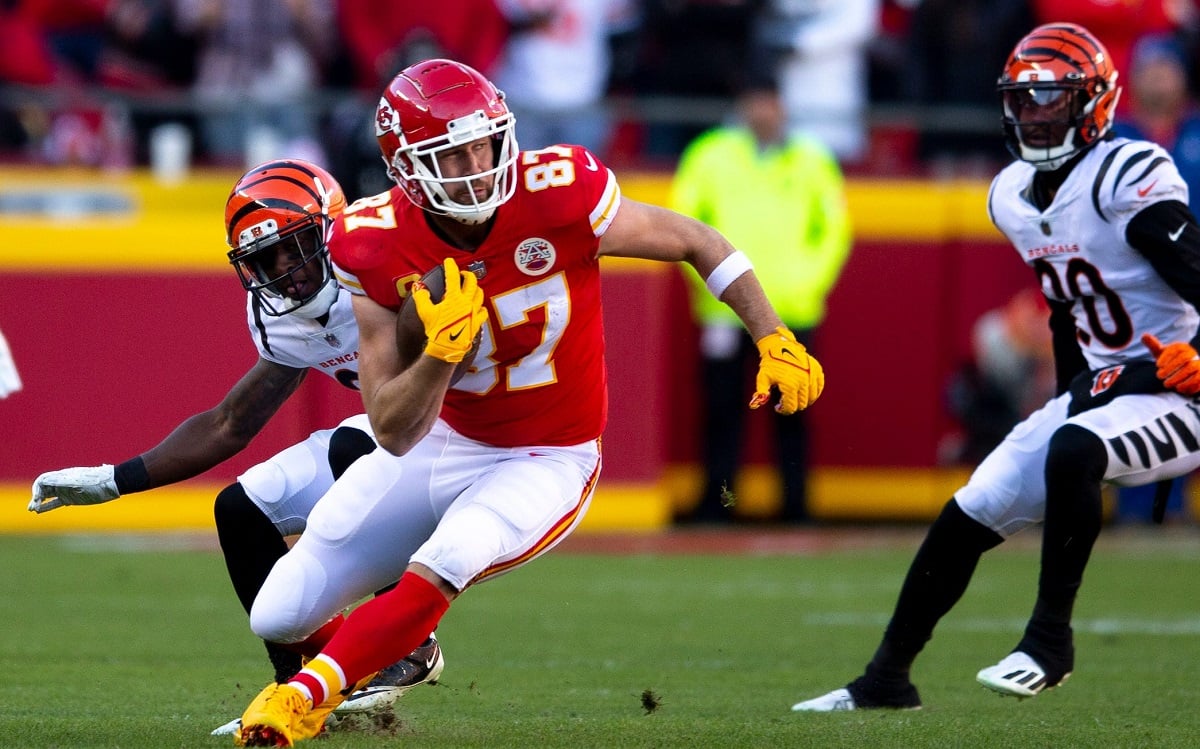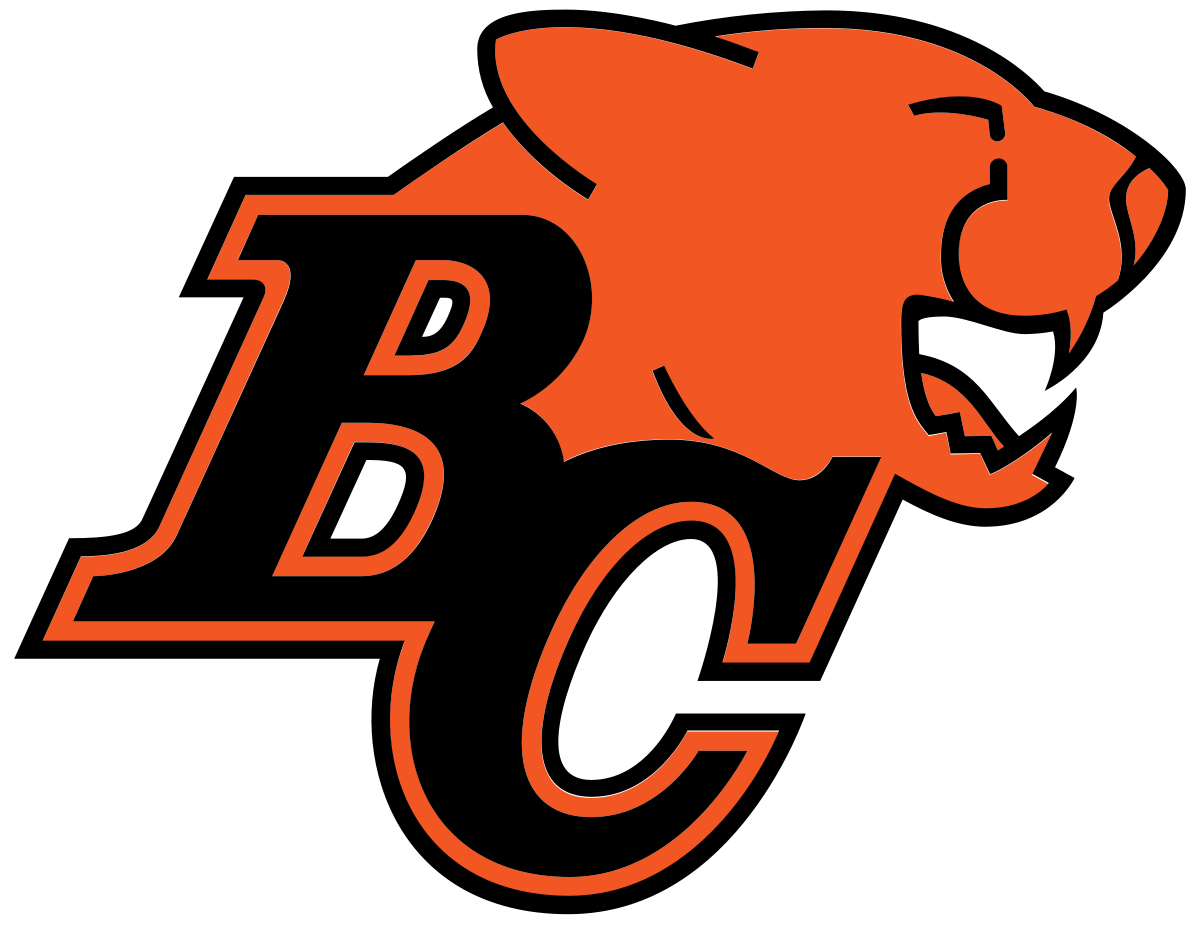Sports
Masai Ujiri’s future with Toronto Raptors dicier than ever after Rogers buys out Bell

From the moment it happened in 2011, the partnership seemed like a lower-stakes, modern-day version of mutually assured destruction: Bell Canada Enterprises and Rogers Communications, each other’s primary competitors, coming together to buy a majority share of Maple Leaf Sports and Entertainment (MLSE).
There was a bizarre logic to it: In an era in which live sports rights were getting more valuable as nearly all other television programming was becoming less valuable, neither company felt like it could do without airing games played by the Toronto Maple Leafs and, likely to a lesser extent given the ratings, the Toronto Raptors. They bought the teams and split the television and radio rights. And hey, if it ended up being a savvy investment, that would be swell.
It worked out OK. In 2011, both companies paid the Ontario Teachers’ Pension Plan $533 million for twin 37.5 percent stakes in MLSE. On Wednesday, Rogers announced it had bought Bell’s stake for $4.7 billion, or $3.46 billion US. Yes, that outpaces inflation.
According to the press release, Bell will have the right to keep its current broadcasting agreement in place for the long term at “fair market value.” Onlookers will look forward to the two best buds coming to an agreement on what that constitutes. There will be countless other repercussions on the Toronto and Canadian sports scene from this news that will play out over the next months and years.
For the Raptors, the news shifts the focus to two men: Rogers chairman Edward Rogers III and Raptors president and vice-chairman Masai Ujiri. They have had a strained relationship in the past, and now Rogers is undeniably the most powerful person in the company that owns the team. Before Wednesday, it was already a relationship that had required monitoring. Now, it must be observed intently.
When asked for comment on Wednesday by The Athletic, Ujiri declined, expressing no concern about the sale.
It stands to reason there will be increased tension. With Bell stepping away, minority owner Larry Tanenbaum, who has been Ujiri’s mentor within MLSE and is the chairman of the company, will likely become just another stakeholder rather than someone who holds significant sway because the two communications giants had equal power. Tanenbaum isn’t going anywhere imminently; last week, he was re-elected as the chair of the NBA’s board of governors. Ujiri is the Raptors’ alternate governor, a symbol of his relationship with Tanenbaum.
However, Tanenbaum sold a fifth of Kilmer Sports Inc., his company previously had a 25 percent stake in MLSE, last year. His Kilmer Sports Ventures (a different company) purchased an expansion team in the WNBA earlier this year. That team will begin play in 2026. As it happens, Sportsnet reported earlier this year that Bell and Rogers would have the right to buy out Tanenbaum’s stake in the team in 2026. Now, that right should belong solely to Rogers, which also owns the Toronto Blue Jays and Rogers Centre. Between the Blue Jays and owning 75 percent of MLSE, Rogers’ sports holdings are likely valued beyond $8 billion.
Accordingly, the onus will be on Ujiri to find a way to co-exist with Rogers, and less on Rogers himself. It was reportedly Rogers who was the most skeptical about paying Ujiri like a top-of-market executive in 2021, two years after Ujiri’s Raptors won the NBA Finals. It was also Rogers who was most acutely against MLSE going after a WNBA expansion team, with the Toronto Star reporting last October that Rogers’ relationship with Ujiri was a factor in MLSE not going down that road. (To be clear, it was not the determining factor.) That is what led Tanenbaum to start KSV, the company that purchased the expansion team.
In other words, Ujiri has had to deal with Rogers for his entire tenure running the Raptors, which dates to 2013. He has not, though, had to deal with Rogers as the ultimate authority within MLSE and, therefore, the Raptors. The nature of the relationship changes. Rogers isn’t a boss within MLSE now; he is the boss.
Does Ujiri, who has largely had carte blanche to run the Raptors as he has seen fit, have the stomach to deal with Rogers? Looking at the Blue Jays, Rogers hasn’t appeared to interfere too closely in day-to-day baseball matters. The Blue Jays spent into the competitive balance tax in 2023 and were poised to do so again this year before the season went comically awry.
However, Rogers hired Blue Jays president Mark Shapiro in 2015. Ujiri was not Rogers’ hire — at least not solely Rogers’ hire — and his new contract certainly wasn’t Rogers’ idea. Ujiri is admired throughout the NBA and could surely find a new gig of his choosing in short order if he left the Raptors.
Meanwhile, as we enter the final two seasons of Ujiri’s contract, will Rogers want to commit to continue paying Ujiri as an elite executive, especially if the Raptors’ retooling outside of real competitive contention continues over the next few years? It has never been easier to pick apart the job Ujiri has done in Toronto. It would be easy enough to allow Ujiri’s deal to expire, save money on the next Raptors president and allow someone else to continue to build the team.
There is even recent precedent for that working in the NBA. In 2022, the Denver Nuggets allowed former president Tim Connelly to leave for the Minnesota Timberwolves. Connelly’s top lieutenant in Denver, Calvin Booth, remained as the Nuggets’ lead decision-maker, with the Nuggets winning the title in 2023 — albeit with a team largely built by Connelly.
Why would these two men who have a sub-optimal relationship, who should have other options, continue to work together? Even without the relationship, Ujiri will have been in charge of the Raptors for 13 years after the 2025-26 season. That is a long time to do the same thing.
Ujiri has frequently expressed his love for Toronto and the Raptors during his tenure, even joking that the media would have to run him out of town for him to leave. With Wednesday’s deal, a more serious threat to end Ujiri’s time in Toronto became obvious.
(Photo: Mark Blinch / Getty Images)








